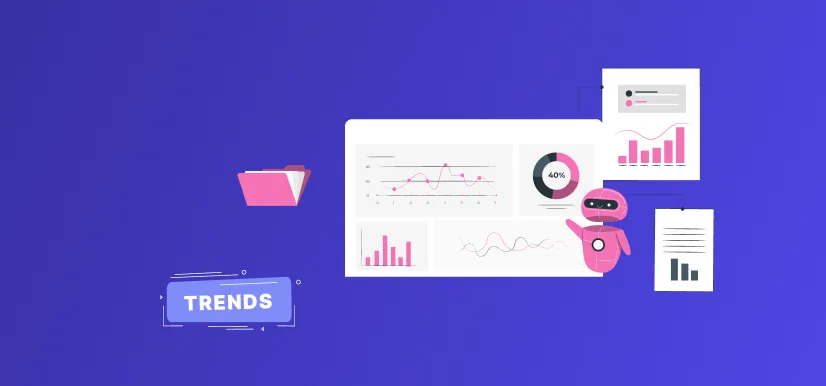App Personalization
What Is App Personalization?
App personalization is the process of making an app more relevant and engaging for individual users. This can be done through a variety of means, including providing personalized content, recommendations, and customized features.
App personalization can make an app more useful and enjoyable to use, and can ultimately lead to better customer retention and loyalty.
How Do You Personalize an App?
While there are many different ways to personalize an app, some common methods include:
Providing Personalized Content: This could involve serving up targeted news articles, blog posts, or video content based on the user's interests. It could also mean showing them relevant ads or coupons.
Making Recommendations: This could involve recommending new products or services to users based on their past behavior or suggesting similar items to those they have already shown interest in.
Tailoring Features: This could involve allowing users to tailor the look and feel of the app or providing them with unique functionality based on their needs.
Why Is App Personalization Important?
App personalization can be a powerful tool for businesses, as it can help to improve customer engagement and loyalty. It can also lead to increased sales and revenue.
When done well, app personalization can create a more seamless and enjoyable experience for users, which can ultimately benefit businesses in a variety of ways.
Key benefits of app personalization for businesses include:
Increased customer engagement and loyalty
More seamless and enjoyable user experience
Increased sales and revenue
Improved customer retention rates
Frequently Asked Questions About App Personalization
How Does Mobile App Personalization Work?
Mobile app personalization works by gathering data about users’ preferences and behaviors and then using that data to customize the experience for each individual user. This could include things like personalized recommendations, tailored content, or custom features that are designed to meet the specific needs of each user.
What Are Some Examples of Mobile App Personalization?
Some examples of mobile app personalization include personalized recommendations based on a user’s past behavior or purchase history, tailored content based on location or interests, custom features designed for certain groups of users such as children or seniors, and in-app messages addressed directly to each user by name.
What Are the Benefits of Mobile App Personalization?
The main benefit of mobile app personalization is improved engagement with users. By providing a more personalized experience for each individual user, apps can increase engagement levels and retention rates which can lead to increased revenue and customer loyalty over time. Additionally, it can help reduce customer churn rates by providing a more enjoyable experience for users who may otherwise be tempted to switch to another service provider due to lack of customization options.
How Do I Get Started with Mobile App Personalization?
The first step in getting started with mobile app personalization is to identify what type of data you need from your users in order to provide them with a personalized experience. This could include things like age range, gender, location, interests or past behavior within the app itself. Once you have identified this data you can start building out your personalized experiences such as tailored content or custom features based on this information.
Get a weekly roundup of Ninetailed updates, curated posts, and helpful insights about the digital experience, MACH, composable, and more right into your inbox

